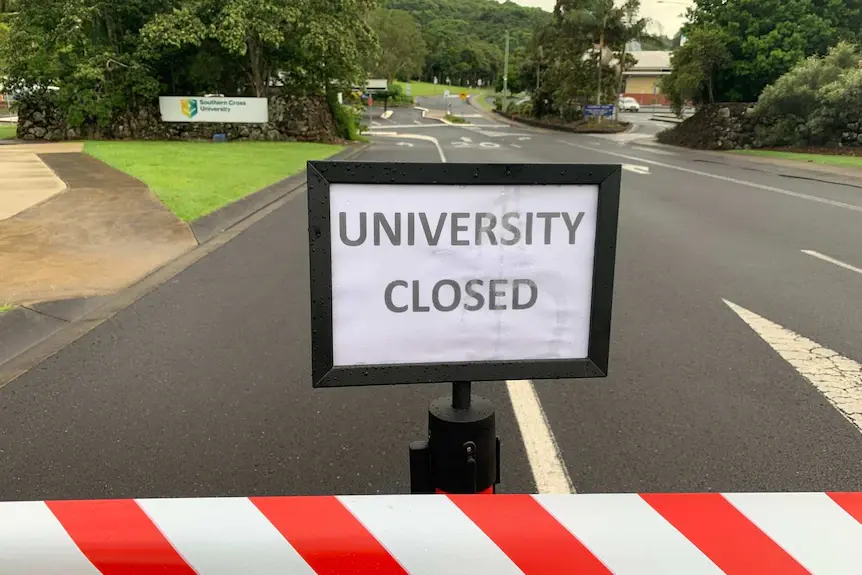ACADEMIC BURNOUT: CAUSES, SYMPTOMS, AND WAYS TO RECOVER
- Jan Christopher Norbe
- Sep 15, 2022
- 5 min read

The last period covered four semesters of online studies along with the changes, most students experienced various changes in their learning. The present research was carried out three times during the COVID-19 pandemic (e.g., May 2020, December 2020, and April 2021) to investigate study engagement and burnout and their associations with various demands, resources, and psychological needs among university students. Self-reports were collected from 1501, 1526, and 1685 university students in Helsinki. The results showed that study burnout increased across the time points, being the highest in April 2021, whereas study engagement was the lowest in December 2020. Further, at the beginning of the pandemic, the explanatory power of study-related demands and resources on study burnout and engagement was more substantial, whereas, in April 2021, the role of psychological needs increased. These results inform strategies to promote students' engagement through distance learning, mitigating the adverse effects of the situation.

Most universities were closed due to the COVID-19 pandemic from spring 2020 to spring 2021, covering three semesters of university studies. These various containment measures caused university students to face a fundamentally altered situation concerning their lives, including studies. Strict measures, such as lockdowns, restrictions on movement, disruption of routines, physical distancing, curtailment of social interactions, and deprivation of traditional learning methods, have taken place due to the pandemic to prevent the virus from spreading.

COVID-19 has created unique challenges for psychological well-being, leading to increased stress, anxiety, and mental health concerns among learners worldwide (UNESCO, 2020). Thus, to counteract other adverse developmental outcomes among students worldwide, it would be essential to identify resources that foster resilience in times of crisis. Therefore, the present research seeks to identify how students' study-related well-being in terms of study burnout and engagement has changed between May 2020 and April 2021 and to identify various resources that support study engagement and prevent burnout among students in higher education institutions; this unprecedented situation. The demands-resources model (Salmela-Aro et al., 2021) and self-determination theory (Deci & Ryan, 2000) are used to examine students' engagement and burnout during the COVID-19 pandemic.
WHAT IS ACADEMIC BURNOUT?

Academic burnout is more than just a chronic stress and it is a concerning condition that can lead to individuals no longer functioning effectively on a personal or professional level. Academic burnout is an adverse emotional, physical, and mental reaction to a long period of stress from studies resulting in frustration, lack of motivation, depression, exhaustion, and impacts on their ability to study. Due to the culmination of many weeks or months of studying the same material, working on the same project, or from straight years of schooling. It is more of a chronic condition from long-term study or school work.
WHAT ARE THE MAIN CAUSES OF ACADEMIC BURNOUT?

One of the biggest reasons for academic burnout is the high workload. Students tend to oversee the large number of activities that are given to them, which results in burnout. In most cases, the advisors present such activities at the same time as other subjects which overcomplicate things that might lead to another cause of academic burnout which is lack of control. An example of a lack of control that might cause academic burnout in students is when they don’t know what to do first because of simultaneous deadlines. Another cause of academic burnout is lack of recognition and reward - this happens when the student did his/her best in making the activity which only results in failure due to a lack of sympathy from the advisor. Inconsideration is also another reason for academic burnout from the students because they might feel that this advisor isn't understanding enough - which creates hopelessness in students.
HOW TO IDENTIFY IF ONE HAS ACADEMIC BURNOUT?
Academic burnout occurs when a student feels constantly under pressure and overwhelmed due to many different stressors and constant work demands. And when this feeling continues, this may result in losing interest or motivation, reduces the student’s productivity, saps energy, and may leave the student feeling physically and emotionally exhausted and hopeless.
Symptoms of academic burnout include the following:
Intellectual fatigue - similar to physical tiredness, except it is your mind instead of your body muscles.
The inability of the brain to absorb more information
Decline in academic performance
Unwillingness to study further
Apathy or lack of interest, enthusiasm, or concern toward educational topics
HOW CAN SOMEONE RECOVER FROM ACADEMIC BURNOUT?
Recognize Symptoms

The most important thing in dealing with a concern is recognizing that there is a problem that needs to be dealt with. It is important to know the symptoms of academic burnout so you can take action before it gets worse.
Getting Organized

Listing things you need to do would allow you to remember what needs to be done on certain hours or days and would allow you to do other things when no scheduled activity is due. This will allow you to have more control over the situation you’re in and will reduce your stress levels and the impact of burnout. Additionally, this will also allow you to schedule unwinding activities, like your hobbies, hanging out with friends, and enjoying some time off for yourself which will relieve some stress.
Seek Out Help for Support

Counseling or talking to a professional would help you untangle your thoughts and give both practical and emotional advice on how to deal with academic burnout. Having a support group or friends with who you could reach out and vent would also help in releasing stress.
Eat Well and Exercise
Exercising will boost your body, mind, and mood which will help sharpen your focus, as well as relax your body and mind from the tensions you’re experiencing. Eating healthy will also be good to improve your mental health in addition to exercising.
SUMMARY
Academic burnout is a problem that has been prevalent during the pandemic. With the universities' gate closing to comply with the government mandates, students are forced to learn to their own with virtual lectures and an online platform which is foreign for students. Being overwhelmed because of an entirely new learning platform coupled with mountains of workloads and simultaneous dates of deadline, it has caused significant damage to the psyche of the students. Examples of these are being demotivated in studies, a low performance in academic activities, and an overall lack of interest in learning. There are some ways to overcome this problem. Recognizing that you have this problem is one thing, taking the necessary steps is another different thing. Setting your life in order, changing into a healthy lifestyle, and seeking help are a must in order for a student to be free from academic burnout.
References:
Salmela-Aro, K., Upadyaya, K., Ronkainen, I. et al. Study Burnout and Engagement During COVID-19 Among University Students: The Role of Demands, Resources, and Psychological Needs. J Happiness Stud 23, 2685–2702 (2022).
Hetherington, C. (2022) 6 root causes of academic burnout (Part 1). 6 root causes of academic burnout (Part 1) — Dr. Chelsea Hetherington (drchelseahetherington.com)
Lane, C. (2021). How to cope with academic burnout at university. Top Universities. Retrieved September 14, 2022, from https://www.topuniversities.com/student-info/health-support/how-cope-with-academic-burnout-university#:~:text=Some%20of%20the%20common%20symptoms,you%20feel%20unmotivated%20and%20cynical.

Comments